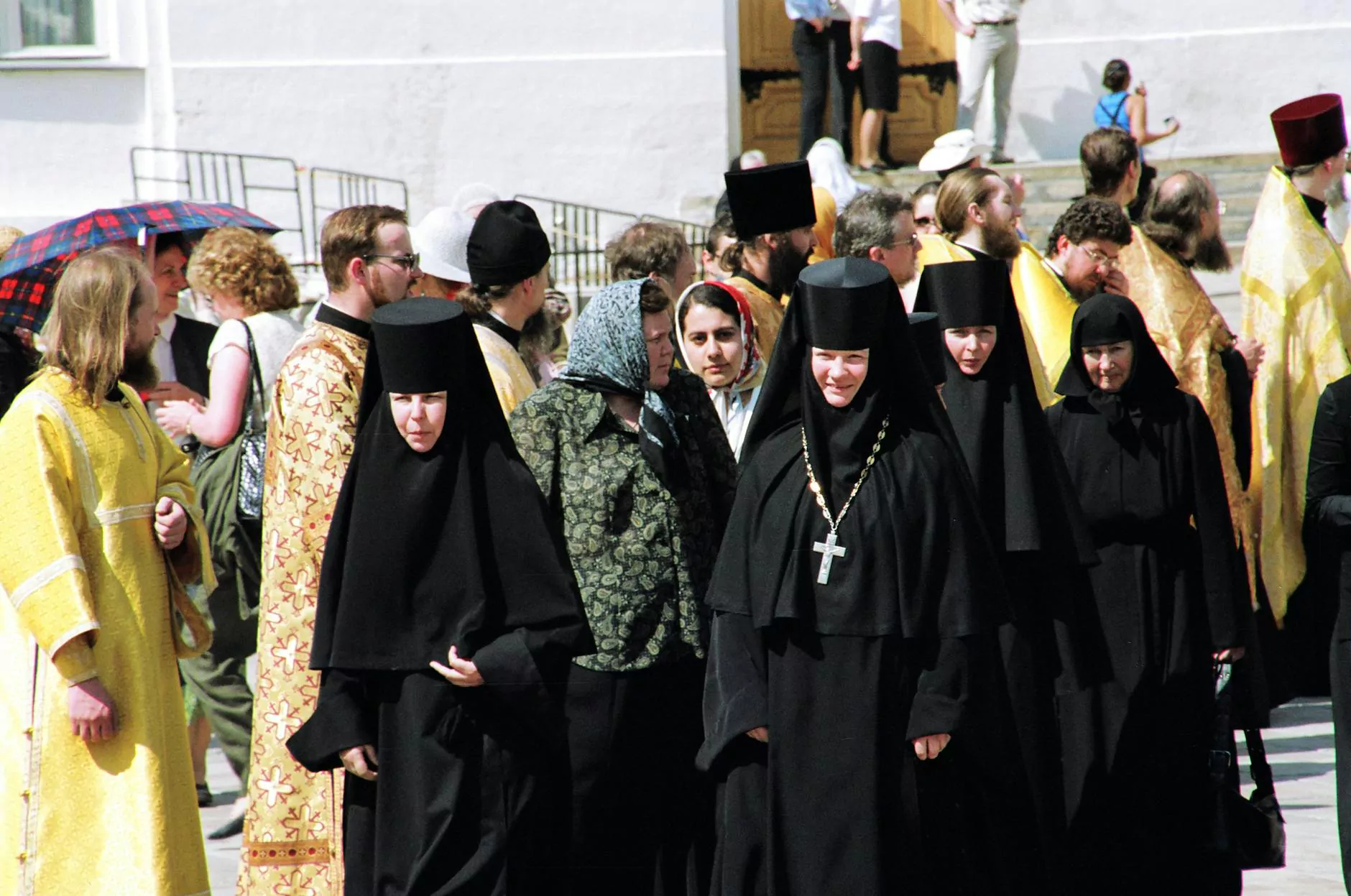Understanding the Role of Black Churches in Today's Society

Black churches have a profound historical and cultural significance that extends beyond the realm of spirituality. They serve as pillars of their communities, providing not only a place of worship but also fostering social justice, economic empowerment, and cultural education. This article delves into the pivotal role that black churches play in modern society, highlighting their influence on community dynamics and their contributions to various facets of life.
The Historical Significance of Black Churches
Since their inception, black churches have been key players in the African American experience. Dating back to the days of slavery, these institutions provided a sanctuary for enslaved Africans, allowing them to gather in worship and find solace amidst suffering. They became unique spaces for community organization, cultural expression, and education.
The Foundation of Community Leadership
Black churches have historically served as platforms for leadership development. Many civil rights leaders, activists, and community organizers emerged from the ranks of black churches, drawing strength from their faith and their congregations. Figures such as Martin Luther King Jr. utilized the church as a base for mobilizing communities towards social change.
Modern-Day Contributions of Black Churches
In contemporary society, the role of black churches continues to evolve while retaining its core mission of serving the community. Here are several key contributions:
Spiritual Upliftment and Support
Beyond traditional worship services, black churches offer numerous programs aimed at supporting the spiritual and emotional well-being of their members. These include prayer groups, counseling services, and spiritual retreats that foster personal growth and resilience.
Educational Initiatives
Education is one of the cornerstones of many black churches. Many institutions run complementary educational programs that provide tutoring, mentorship, and scholarship opportunities for young people. This educational support not only empowers individuals but also strengthens the community as a whole.
Community Outreach and Support Services
Black churches often lead the way in community outreach. They provide essential services such as:
- Food Assistance: Many churches operate food pantries to address food insecurity.
- Health Services: Churches host health fairs and wellness programs to educate and promote healthy lifestyles.
- Legal Aid: Some offer legal clinics to assist members with various legal issues.
Economic Empowerment through Black Churches
Another vital aspect of black churches is their focus on economic empowerment. These institutions often engage in initiatives that promote financial literacy, entrepreneurship, and economic sustainability.
Financial Literacy Programs
To address economic challenges in their communities, many black churches offer financial literacy classes that equip members with the knowledge to manage their finances effectively, save for the future, and invest wisely.
Business Development and Support
Black churches have also become incubators for local business ventures. By providing support, mentorship, and sometimes even funding, these institutions help aspiring entrepreneurs launch their businesses. This not only creates jobs but also stimulates the local economy.
Social Justice and Advocacy
Black churches have a long-standing tradition of advocating for social justice and human rights. They often play a critical role in addressing injustices faced by African Americans and marginalized communities.
The Role in Activism
Creating Safe Spaces for Dialogues
Amidst increasing social unrest and dialogue about race relations, black churches provide safe spaces for open conversations. These settings allow community members to discuss their experiences, fears, and hopes, fostering greater understanding and solidarity.
Connecting Generations: Cultural Continuity
Black churches also play a crucial role in preserving African American culture and traditions. They act as a bridge that connects generations, ensuring that cultural practices and values are passed down.
Celebration of Heritage
Through music, art, and worship practices, black churches celebrate their rich heritage. Events such as Black History Month programs, gospel concerts, and cultural festivals foster a sense of pride and belonging among congregants.
Fostering Intergenerational Relationships
These institutions often facilitate interactions between older and younger members, creating mentorship opportunities that teach younger generations about their history and values. This intergenerational connection is essential for sustaining community bonds.
The Future of Black Churches in Community Development
The future of black churches is filled with potential for continued growth and transformation. By adapting to the changing needs of their communities, these institutions can maintain their relevance and strengthen their impact.
Embracing Technology
In the digital age, many black churches are embracing technology to expand their reach. Virtual services, online education programs, and social media engagement allow them to connect with younger generations and those unable to attend in person.
Building Partnerships
To enhance their service delivery, black churches are increasingly forming partnerships with local governments, businesses, and non-profit organizations. These collaborations can amplify their efforts in addressing community challenges and enhancing service offerings.
Conclusion: The Indispensable Role of Black Churches
In conclusion, black churches represent more than just places of worship; they are critical institutions that foster community, cultural preservation, and social justice. Their contributions to education, economic empowerment, and activism resonate throughout society, shaping the lives of individuals and communities alike. As they continue to adapt and innovate, their essence of faith-driven service remains a powerful force for good, encouraging unity, resilience, and hope.
As we reflect on the powerful legacy and ongoing influence of black churches, it becomes evident that these institutions are not only vital to the communities they serve but also essential to the broader narrative of our society as a whole.
black churchs


